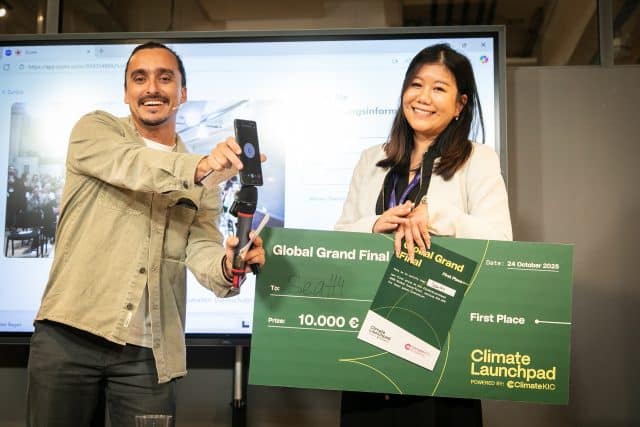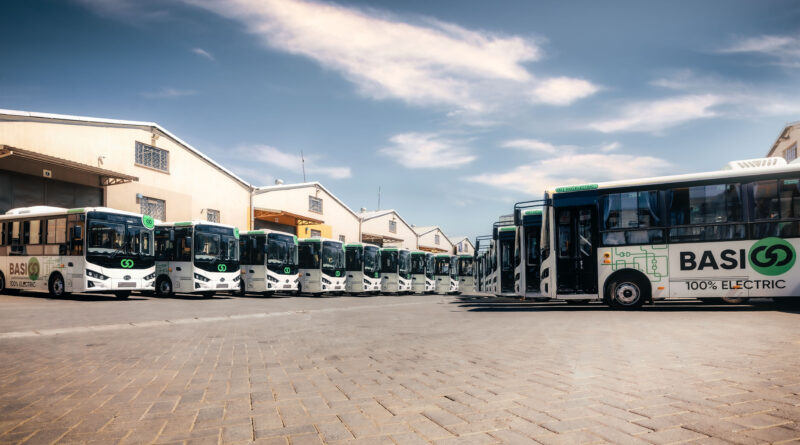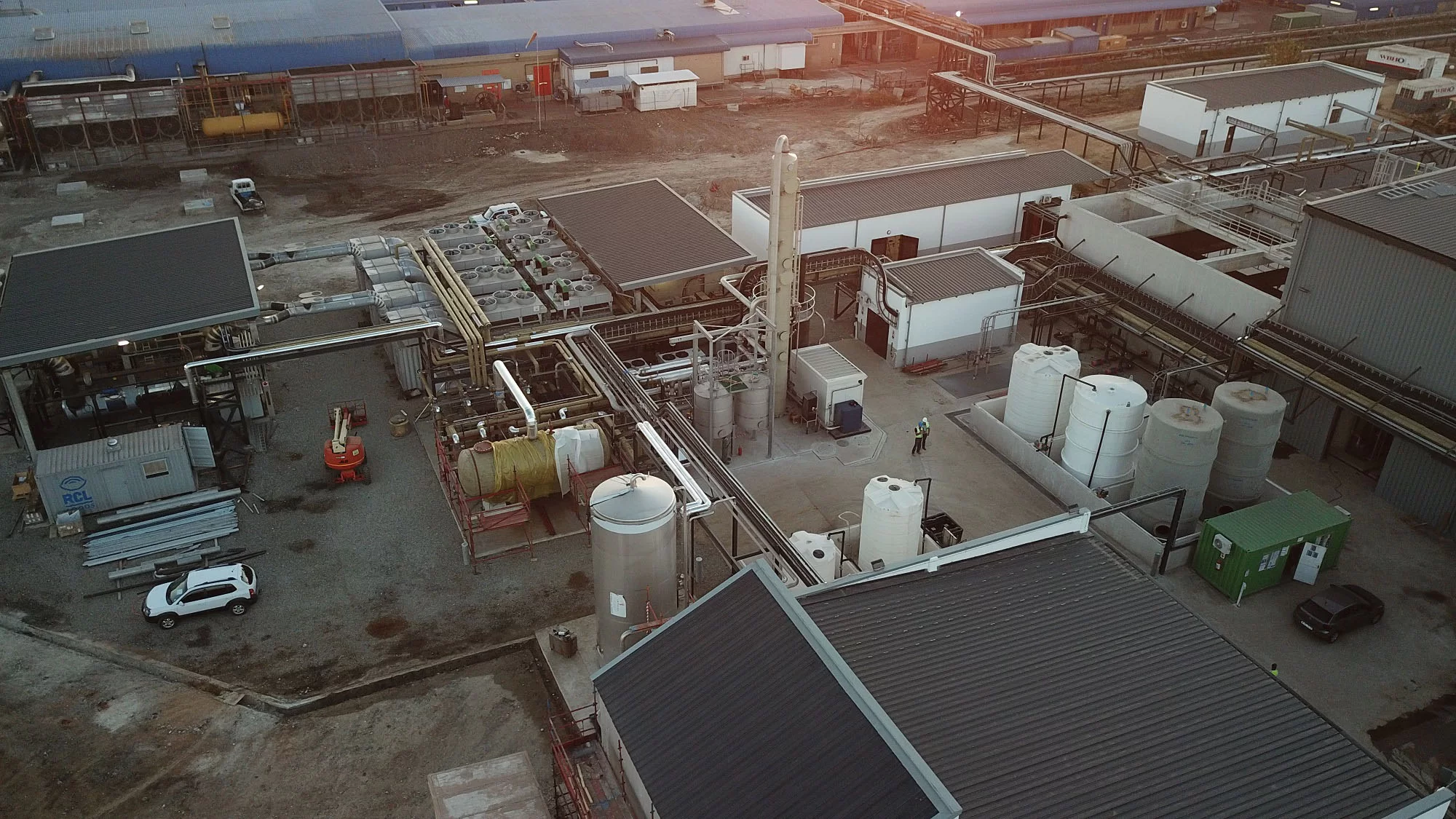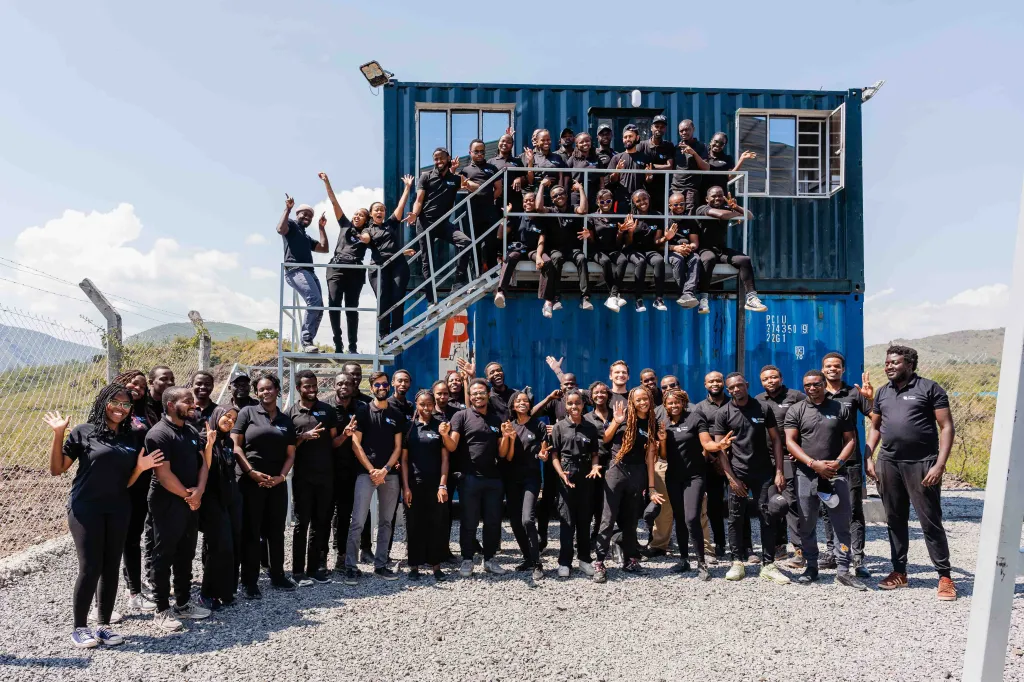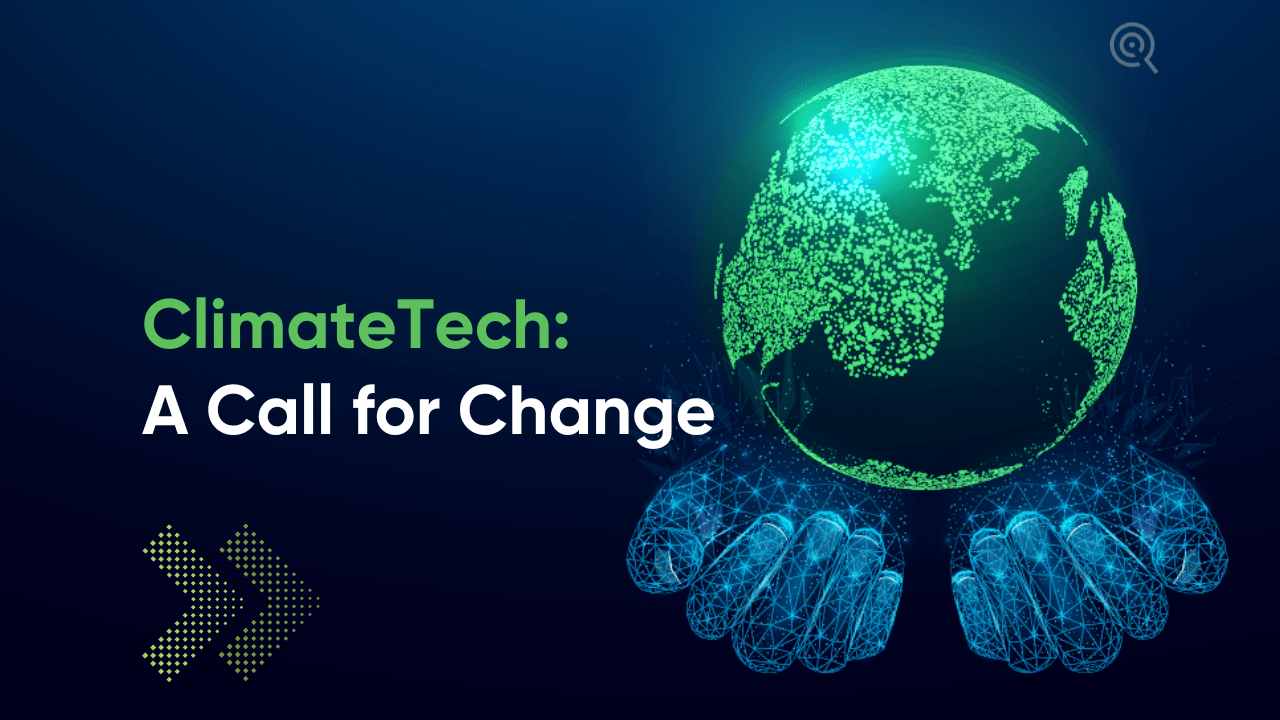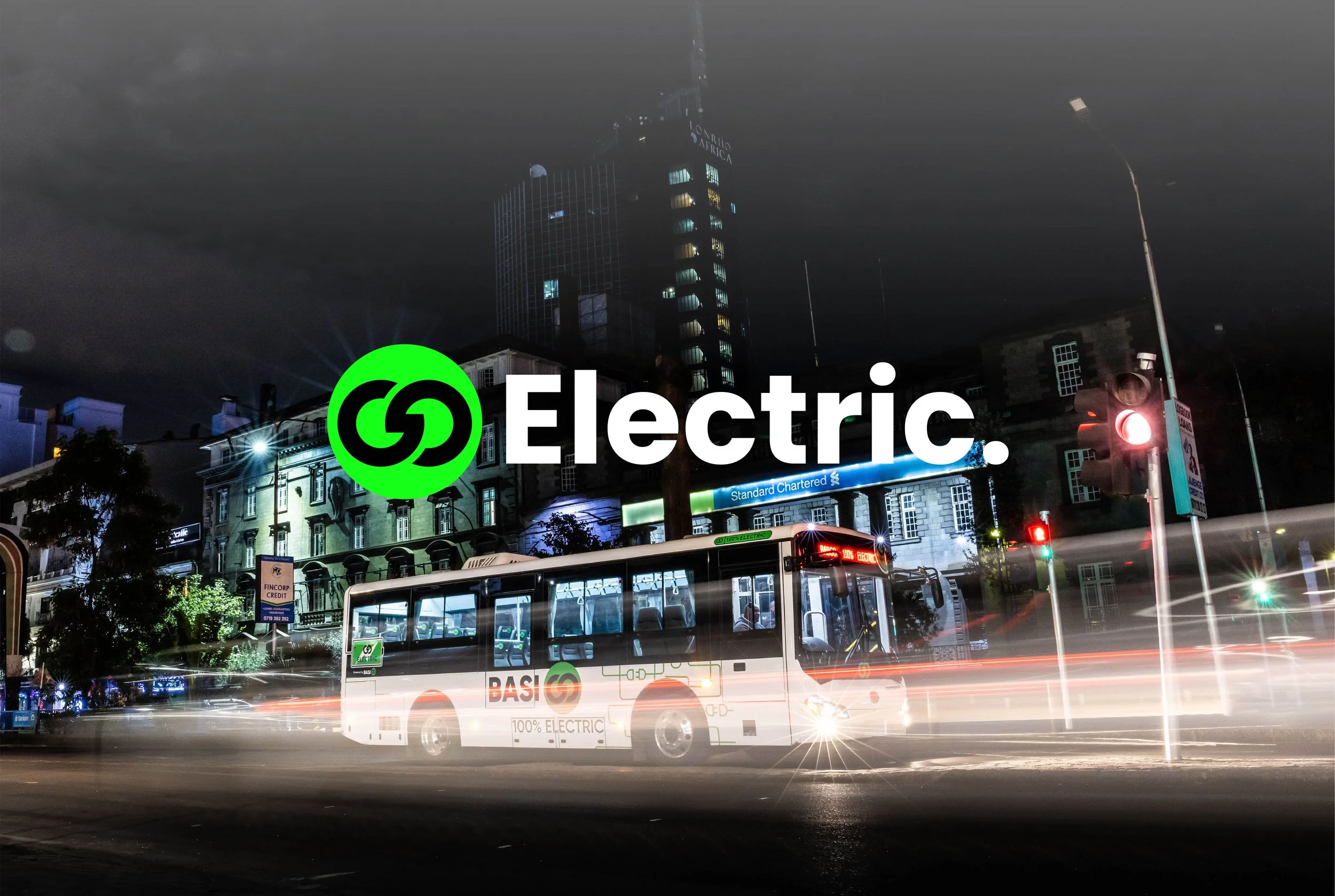In a defining moment for African cleantech, SeaH4, a Cape Town-based startup, has clinched first place at the ClimateLaunchpad Global Grand Final 2025, the world’s largest green business ideas competition.
Beating contenders from 40 countries, SeaH4’s algae-derived biofuel took home the €10,000 (US$12,000 / R200,000) grand prize and spotlighted Africa as a rising force in climate innovation.
The Innovation That Stole the Show
SeaH4’s winning formula? Turning seaweed into carbon-neutral fuel that’s ready to replace fossil fuels today.
Here’s how it works:
- Algae Farming Magic: Seaweed is grown in coastal ponds (even in deserts or near mines), where it absorbs CO₂ dissolved in seawater. The biomass is processed into high-quality biofuel using third-generation tech, boosted by green hydrogen for maximum efficiency.
- Versatile Powerhouse: The result is a drop-in biofuel compatible with ships, planes, and any combustion engine, extending engine life and slashing emissions in sectors that are notoriously hard to decarbonise.
- Circular Benefits: Byproducts feed aquaculture, fertilisers, and cosmetics. Each facility can produce 15 million litres of biodiesel per year, cutting 40,000 tonnes of CO₂e annually while creating local jobs and combating ocean acidification.
The judges called it a “rare fusion of scalability, sustainability, and circular design,” praising SeaH4’s ability to turn Africa’s coastlines into green fuel hubs that could power the world’s transition to net zero.
Meet the Dream Team Behind the Win
SeaH4’s success is no accident. The startup is led by Founder & CEO Johannes Bochdalofsky, an engineer with a vision to make clean fuel accessible and profitable. His team brings over 80 years of combined expertise:
- Gcobisa Nosilela – Director, business and people strategist.
- Bas de Vos – PhD algae technologist.
- Johann Heyns – Head of Legal.
- Gabrielle Ossinga – Hydrogen & Biogas Lead.
- Dhiren Vanmari – Aquaculture specialist.
While the team pitched virtually, Bochdalofsky presented in Vienna, earning a standing ovation for what judges called “a blueprint for scalable green energy in the Global South.”
ClimateLaunchpad: The Global Green Arena
Since 2014, ClimateLaunchpad, powered by EIT Climate-KIC and backed by Bank of America and Irish Aid, has become the Olympics of green entrepreneurship.
Over the past decade, it’s trained 5,000+ teams across 97 countries, unlocking more than €500 million in funding for early-stage climate startups.
READ ALSO:
Can a Single Molecule Redefine Sustainability? Inside the 2025 Nobel Chemistry Win
2025 Global Final Highlights
- 2,700+ applications and 500 competing teams from 40 countries, including newcomers like Japan and Argentina.
- 8 innovation tracks, spanning clean energy, circular economy, and sustainable transport.
- Top 3 Winners:
| Rank | Team | Country | Innovation |
|---|---|---|---|
| 1st | SeaH4 | South Africa | Algae-based biofuel |
| 2nd | Chaja | Tanzania | Affordable e-motorcycles |
| 3rd | OneFly | Colombia | Waste-to-insect protein |
David Watt, Programme Director, summed it up:
“SeaH4’s win showcases Africa’s growing climate-tech ecosystem, proof that sustainability and profitability can go hand in hand.”
What’s Next: A Net-Zero Revolution
SeaH4 isn’t stopping here. The startup plans to deploy coastal micro-refineries by 2027, strategically located near airports and ports to convert stranded wind and ocean energy into next-generation jet fuel.
As ClimateLaunchpad expands to 50 countries in 2026 and 100 by 2030 (with next year’s finale in Singapore), SeaH4’s victory positions Africa as a global hub for climate-smart innovation.
Biofuel Production from Algae
Biofuel production from algae is a sustainable way to create renewable energy from microalgae. According to Algae-based fuel (Wikipedia), algae can yield high amounts of oil, making it ideal for biofuel algae projects and research papers.
Algae fuel for cars works like regular diesel but reduces emissions. Researchers continue exploring how algae biofuel works by extracting oils from algae and converting them into biodiesel.
Curious about how to make algae biofuel? Grow and harvest algae, extract the oil, and refine it into biodiesel. Common biofuel algae examples include Chlorella, Spirulina, and Nannochloropsis.
Download the biofuel production from algae PDF to learn more about algae as biofuel research, algae-based fuel projects, and future applications.
Ronnie Paul is a seasoned writer and analyst with a prolific portfolio of over 1,000 published articles, specialising in fintech, cryptocurrency, climate change, and digital finance at Africa Digest News.
